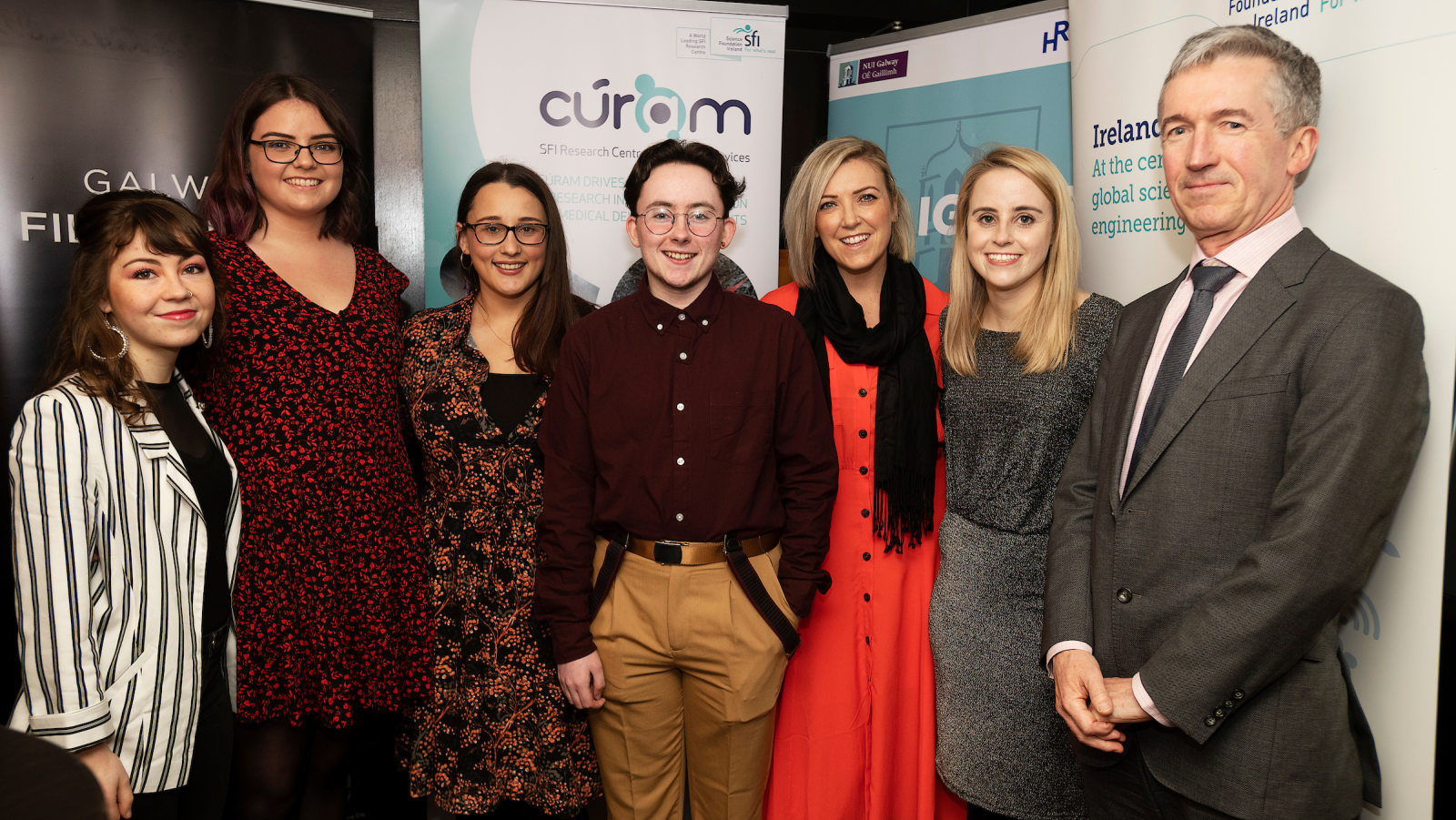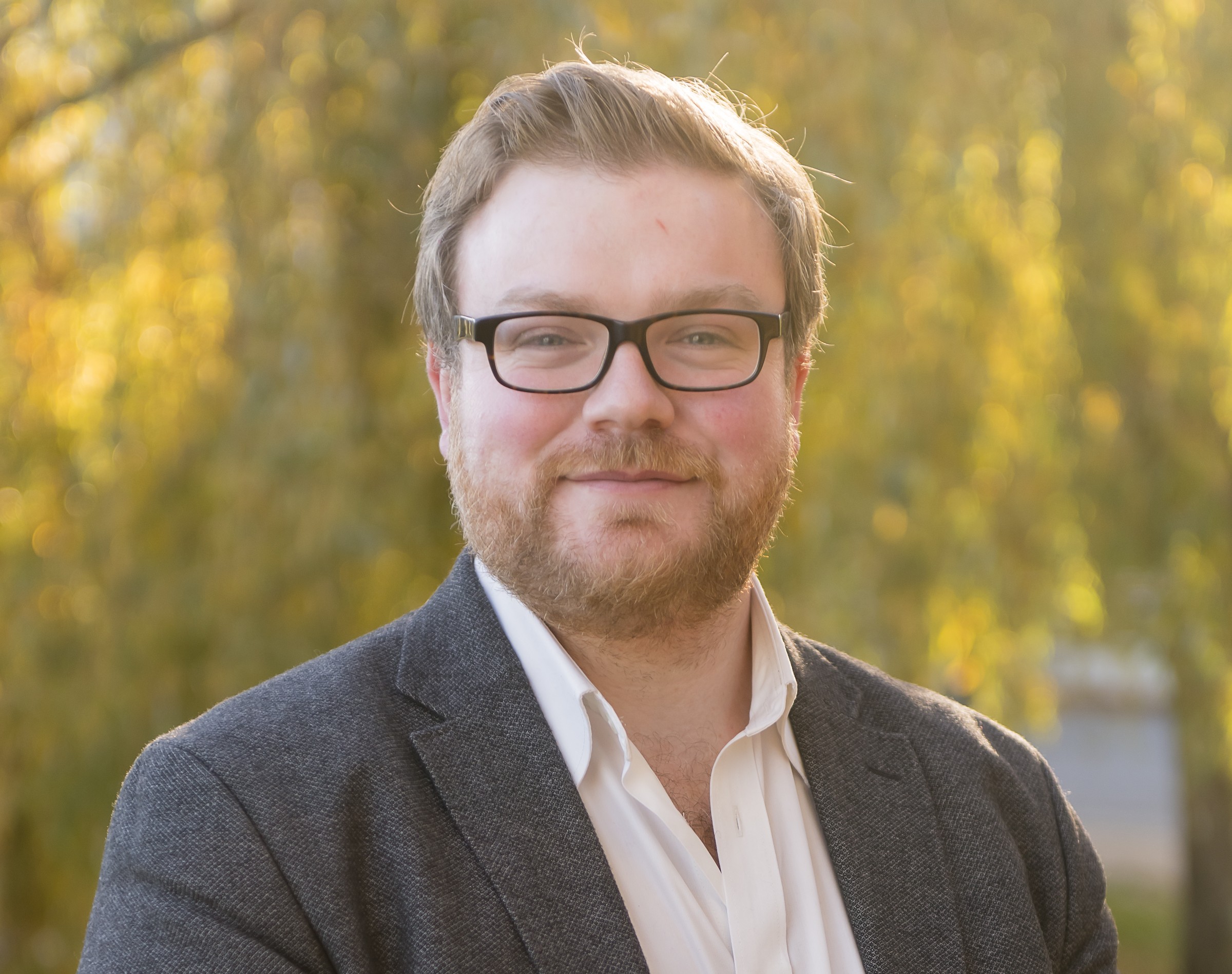A new clinical trial to support young adults living with Type 1 diabetes
6 min read - 20 May 2024

Becoming an adult is a time for new horizons, freedoms and independence. For young people living with type 1 diabetes, it often means learning to live independently with their condition too, including regular check-ins with clinics designed to support them.
But in practice, some young adults miss these clinic appointments, which is an understandable situation, according to consultant endocrinologist Professor Sean Dinneen.
“This is a time in life when the wheels can come off the wagon, in terms of regularly attending clinics,” says Professor Dinneen, who is professor of diabetes medicine at the University of Galway.
“The young person may have moved out of home, they might be in college or an apprenticeship or starting a new job and they are testing the water socially. They have busy lives.”
That’s why Professor Dinneen and colleagues have been working with young people who have type 1 diabetes to develop an intervention aimed at keeping young adults on track with their diabetes management.
And now an all-island clinical trial of the D1 Now intervention has just kicked off with the support of the HRB Definitive Intervention and Feasibility Awards.
Agenda-setting and liaison
The seed was sown for D1 Now more than a decade ago, when Professor Dinneen and health psychologist Professor Molly Byrne co-supervised Dr Lisa Hynes to do her PhD on why young people do not attend hospital diabetes clinics.
Since then the D1 Now project has worked with young people to refine and test the feasibility of a supportive intervention, which today focuses on two things: enabling young people to set the agenda in their treatment, and linking them with a support worker as a liaison.
“The support worker acts like a bridge between the young person and the clinical team, because diabetes plans are constructed at the point of care but have to be implemented at the point of life,” explains Professor Dinneen.
“And the agenda-setting tool allows the young person to raise topics about not just the diabetes, which the medical team tends to focus on, but on what is happening in their life.”
Yapping with the YAP
Members of the project’s D1 Now Young Adult Panel (YAP) have acted as co-researchers throughout the process of designing and testing the D1 Now intervention. This is a crucial element of the study, says Professor Dinneen, who is blown away by the dedication and interest of the young people involved.
“We had a YAP meeting recently online where two panel members were in North America,” he recalls. “It was the evening of the solar eclipse and both of the members had come from watching it a half hour before. I was really struck by how even a celestial event was not going to stop them from being involved in the project meeting.”
YAP member Cameron Keighron got involved with the project more than a decade ago. Diagnosed with type 1 diabetes two years previously at the age of 16, their experience of diabetes services had not been ideal, and they knew few people their own age living with the condition.
“I had just moved from Sligo to Galway to study, and Mum saw a poster for research group starting to look at how we change young adult care for young people with diabetes,” they recall.
“I went to the information session, and I fell in love with the idea of being able to shape what young adult care looks like, to address the things I wanted to see change and to work with other young people and talk about what was making young people not want to come to the clinic, what was making them afraid to attend.”
Since then, Keighron has remained a part of the YAP, which typically includes 8 to 10 people aged 18-25 at any one time.
The team sees the young people as co-researchers, making them feel as listened to and as wanted in the project as the scientists, nurses, doctors and physiotherapists, notes Keighron.
“Prof Dinneen always tells us we are the experts in living with diabetes, and that he wants to learn from us,” they say. “And the team has worked with us on skills in research and communication, helping us to feel confident and able to have honest and sometimes difficult conversations about what makes young people disengage.”
The YAP has been in the thick of the work, designing questionnaires, co-writing the agenda-setting tool and contributing to conferences and publications among other things, notes Keighron, who is now a PhD researcher exploring stem-cell therapeutics for Parkinson’s Disease.
“Many of us on the advisory panel knew we would age out of the cohort before the intervention could benefit us directly, but we want to improve the experience of young adults in the future,” they say, adding that original members are now moving into mentorship roles for new members.
“It can be daunting to go into a room of clinicians and scientists and to challenge things with them, to tell them things that are wrong. So we can now help the newer members to develop that confidence.”
From pilot to all-island clinical trial
The D1 NOW intervention recently had a test flight in a pilot at four Dublin hospitals, which the project team managed to keep going even through COVID-19.
“We got really useful data from the pilot about what worked well,” explains Professor Dinneen. “And we learned that a ‘nudging’ messaging system that was in the original intervention wasn’t that popular in practice.”
With that wisdom, the D1 Now project has entered a new phase, a 12-centre, all-island randomised controlled trial to test the updated D1 Now intervention. The trial is one of the first investigator-led studies to be funded in the new HRB-Diabetes Collaborative Clinical Trial Network.
“The timing was good for us as the clinical trial network is all-island, and that will help us to recruit participants around Ireland,” says Professor Dinneen.
“And I think we are now something of a poster child for the HRB, which has supported the D1 Now intervention from development through to feasibility and now into a large clinical trial.”
Mindset matters
The new clinical trial will measure outcomes including medical and biochemical aspects of diabetes (including hospitalisations) among young people in centres using the D1 Now intervention and in the control centres. It will also measure psychosocial aspects such as quality of life, treatment satisfaction and the burden of living with the disease, notes Professor Dinneen.
He stresses that mindset is a key element of living well with diabetes.
“We have seen enormous strides in wearable technology to manage diabetes in paediatric and adult services, such as sensors that detect blood sugar levels and automatically co-ordinate with insulin pumps,” he says. “But if your mind isn’t in the right place, you won’t benefit as much from it. Technology alone can’t carry the day.”
Professor Dinneen is keen to involve centres and clinicians from around Ireland in the D1 NOW trial. For more information please contact d1now@universityofgalway.ie
7 min read - 20 May 2024



